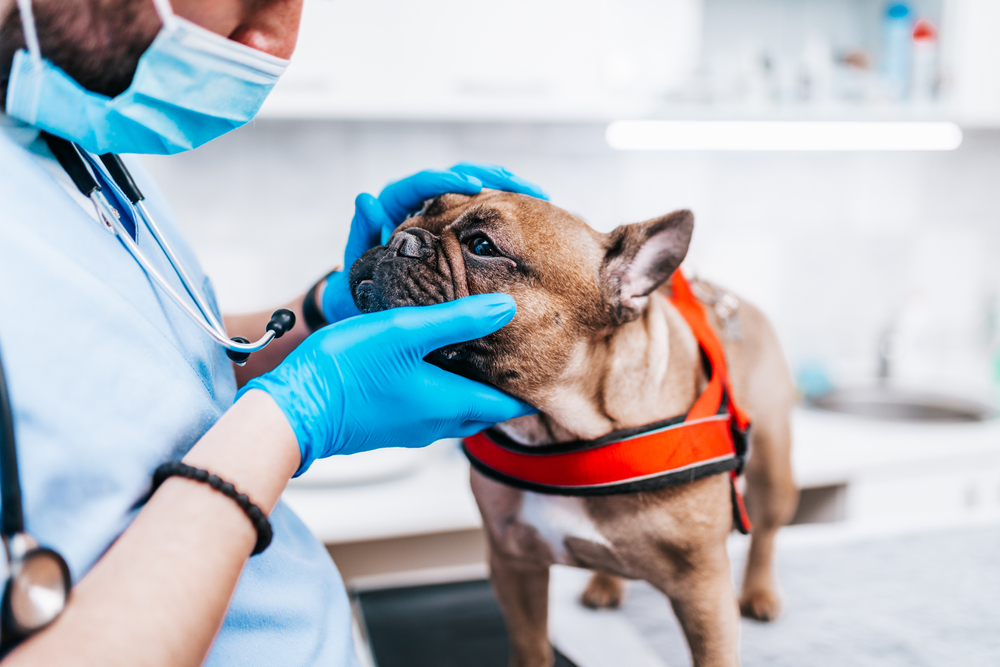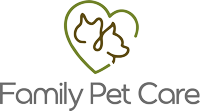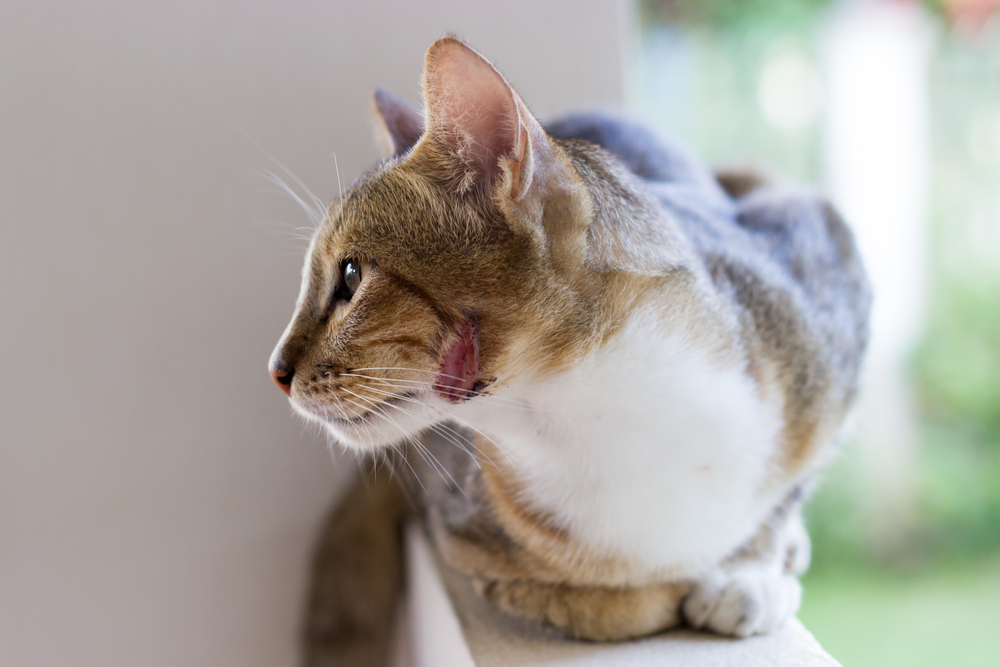Emergencies can cause significant physical and emotional distress for pets and pet parents. Nobody wants to take their pet to the emergency veterinary hospital in the middle of the night, but emergencies are sometimes unavoidable. Although you can’t prevent every possible pet emergency, you can take steps to significantly reduce your pet’s risk of a sudden illness, accident, or injury. Our Family Pet Care team outlines common pet emergencies and offers prevention tips.
Pet poisoning
Poisoning can occur when pets ingest a toxic substance. Human medications (e.g., ibuprofen, acetaminophen), certain foods (e.g., chocolate, xylitol), chemicals (e.g., pesticides, antifreeze), and plants (e.g., lilies, poinsettias) are easily accessible to a curious pet. Poisoning signs vary from mild oral irritation to complete organ failure and death. Prevent pet poisoning by:
- Keeping medications, chemicals, and toxic foods out of reach.
- Avoiding bringing toxic plants into your home and yard.
- Using pet-safe products whenever possible.
- Confining pets when you are away.
Blocked cat
A blocked cat is veterinary speak for a male cat who cannot urinate because his urethra is obstructed. Although this can occasionally happen to female cats and male or female dogs, the problem is significantly more common in male cats. Urethral obstruction prevents the kidneys from doing their job and can lead to death within 24 hours. Prevent your male cat from blocking by:
- Minimizing household stress.
- Feeding them a veterinarian-recommended diet.
- Scheduling routine blood and urine health screening tests.
Pet trauma
Trauma in pets can result from car accidents, falls, bites, or fights with other animals, leading to various internal and external injuries. Broken bones, organ damage, and head trauma are common traumatic event outcomes and often require pets to remain hospitalized for intensive care and treatment. Prevent pet trauma by:
- Keeping pets leashed or secured in a fenced area.
- Pet-proofing your home to prevent falls from windows, balconies, or stairs.
- Supervising interactions with other animals and avoiding dog parks.
- Using a pet seat belt or a secured carrier when traveling by car.
Pet gastrointestinal obstruction
Pets can suffer stomach or intestine obstructions if they swallow nondigestible objects such as toys, bones, rocks, clothing, or trash. A gastrointestinal (GI) obstruction damages the local tissue, which can rupture and leak toxins and bacteria into the abdomen or bloodstream. GI obstructions require emergency surgery. Prevent GI obstructions by:
- Monitoring your pet to ensure they don’t chew on or ingest inappropriate objects.
- Providing safe chew toys and disposing of any that become damaged.
- Minimizing clutter and keeping floors debris-free.
- Training dogs who habitually scavenge outdoors to wear a basket muzzle.
- Teaching children to put away their toys and clothes.
- Keeping pets confined to pet-proofed areas.
Pet bloat
Bloat occurs when a dog’s stomach fills with gas and twists. This condition can cause life-threatening effects similar to a GI obstruction. Bloat is most common in large, deep-chested dog breeds, such as the standard poodle or Doberman pinscher, and requires emergency surgery to resolve. Prevent pet bloat in susceptible breeds by:
- Feeding your pet smaller, more frequent meals rather than one or two larger meals.
- Avoiding vigorous exercise immediately after eating or drinking.
- Using elevated food bowls and slow feeders.
- Asking our team about preventive stomach tacking (i.e., gastropexy).
Pet pancreatitis
Pancreatitis is a painful pancreatic inflammatory condition that has several possible underlying causes, including genetics, other health conditions, or diet. Acute pancreatitis causes vomiting and abdominal pain and can lead to life-threatening systemic inflammation and multi-organ failure. Prevent pancreatitis by:
- Avoiding feeding your pet fatty foods or table scraps.
- Securing trash out of your pet’s reach.
- Addressing related health issues such as diabetes or liver disease.
The importance of routine veterinary care

Many pet emergencies occur because of an underlying illness that suddenly worsens. You often may be unaware that your pet is sick, and the problem seems as though it came out of nowhere. Routine wellness visits are the key to detecting early issues before they snowball into major emergencies. We recommend that all pets have a veterinary exam at least once annually, or more often for seniors and pets with existing medical problems.
By taking steps to avoid common hazards and ensuring that your pet has regular veterinary care, you can help keep your furry pal safe and healthy. You should also learn to identify common pet emergencies and know where to seek care if one occurs. For after-hours emergencies, contact your nearest veterinary emergency facility. Otherwise, call our Family Pet Care team to schedule a visit for all of your pet’s urgent, emergent, and routine veterinary needs.

